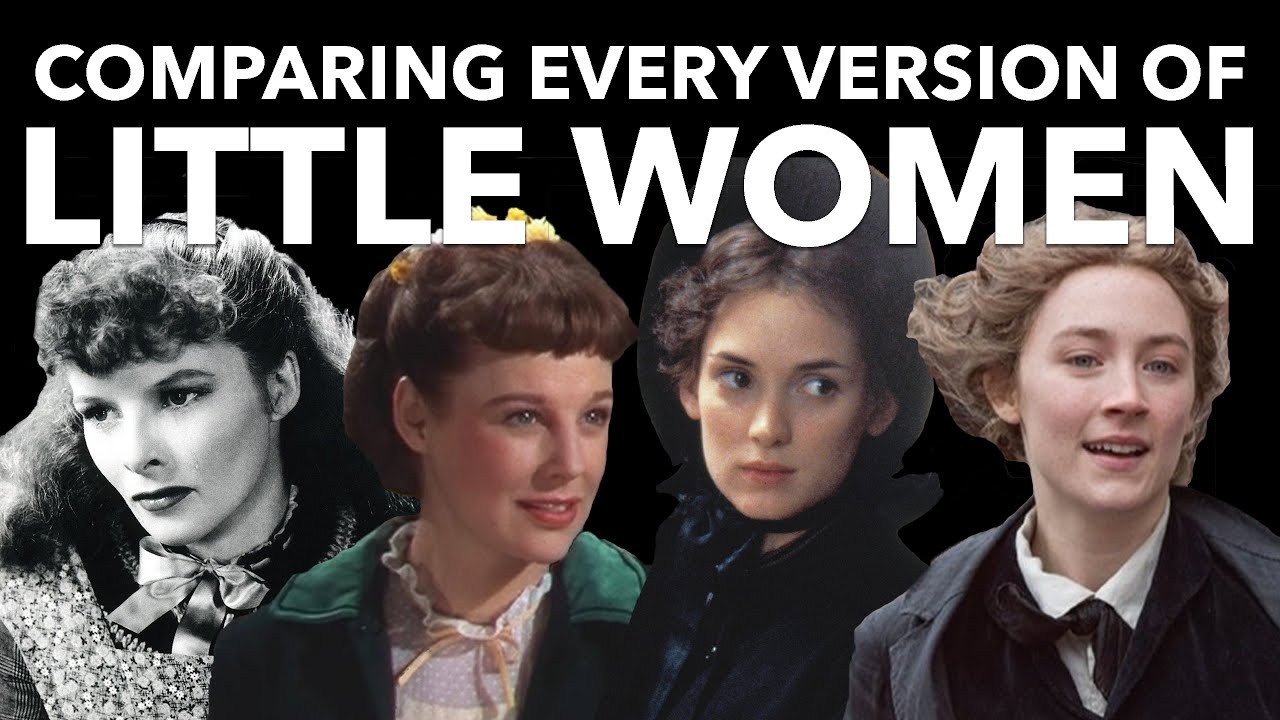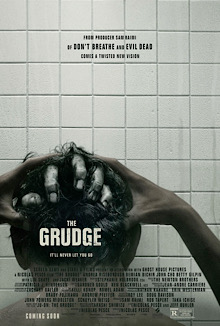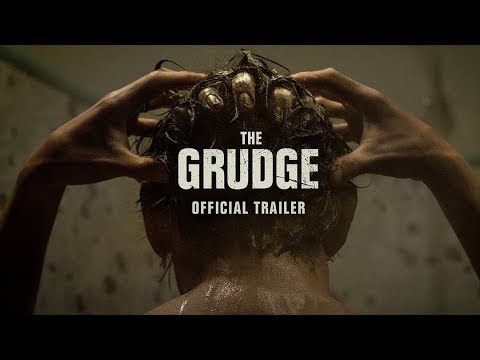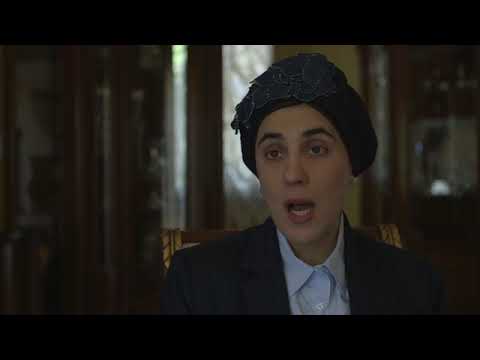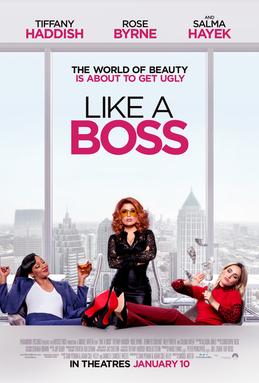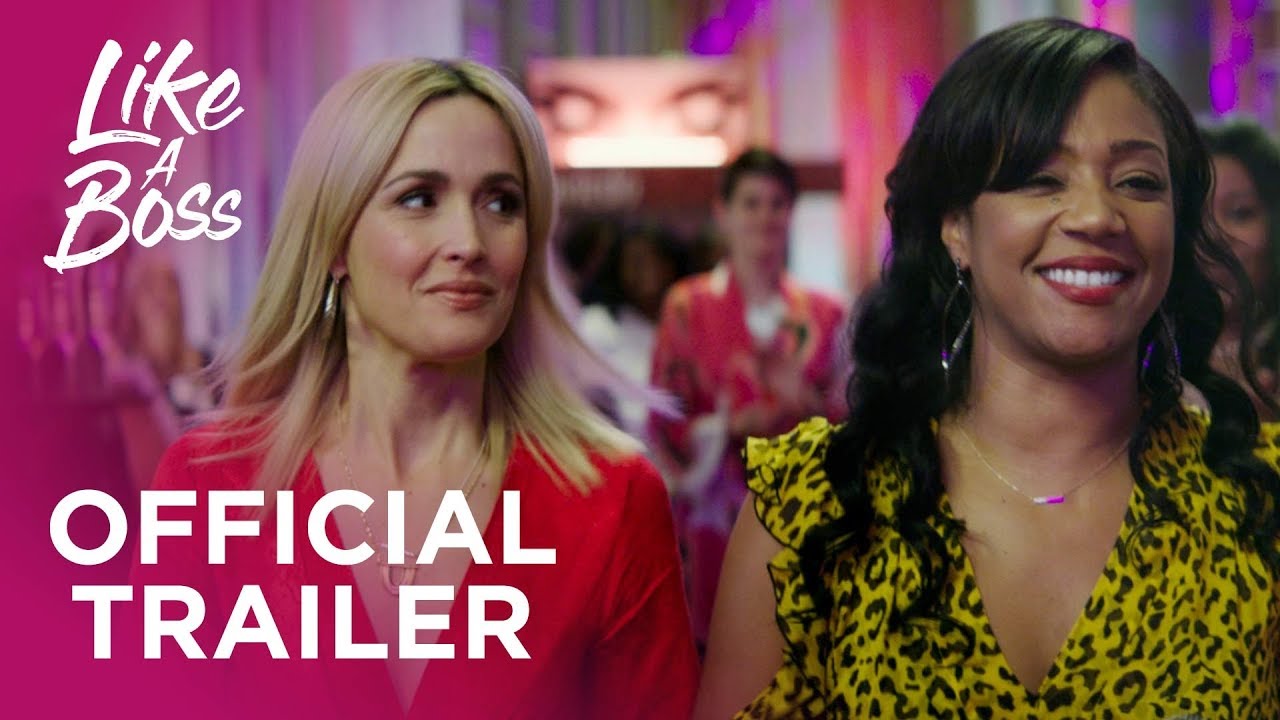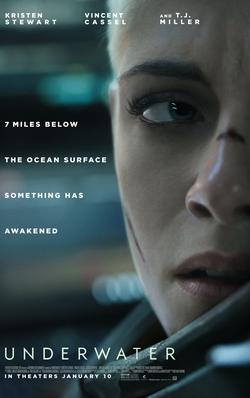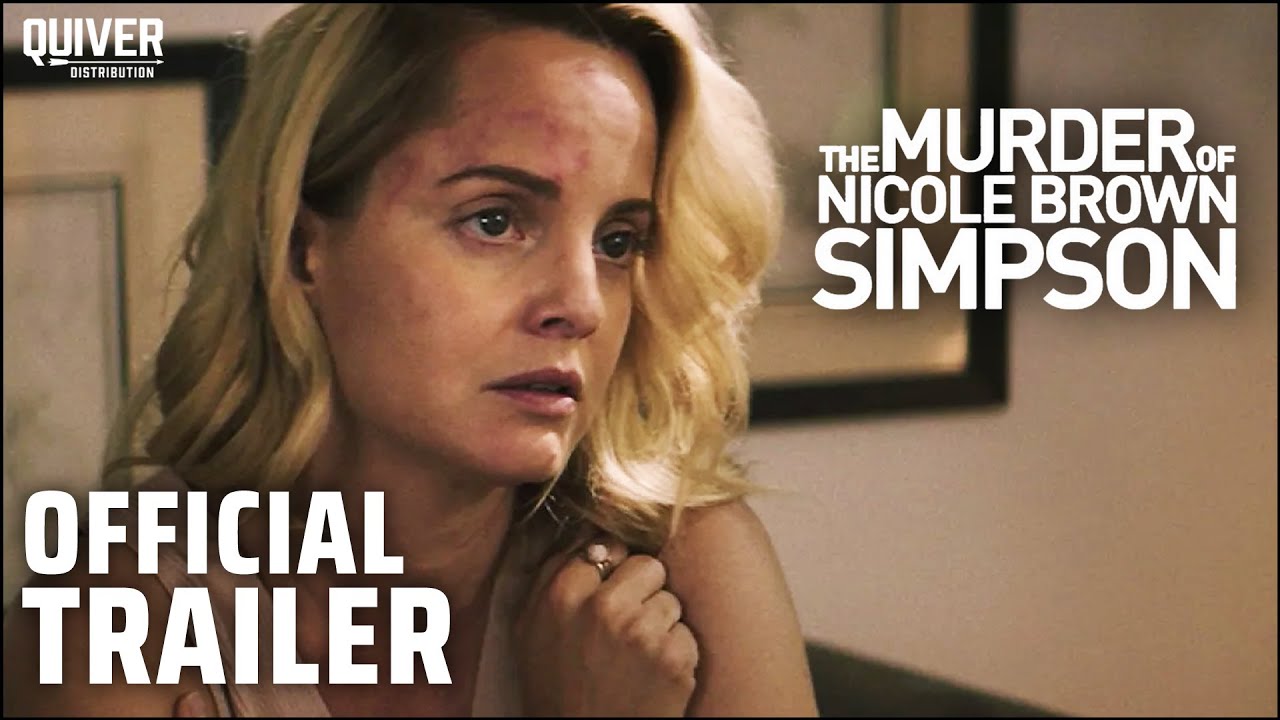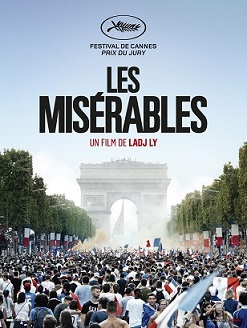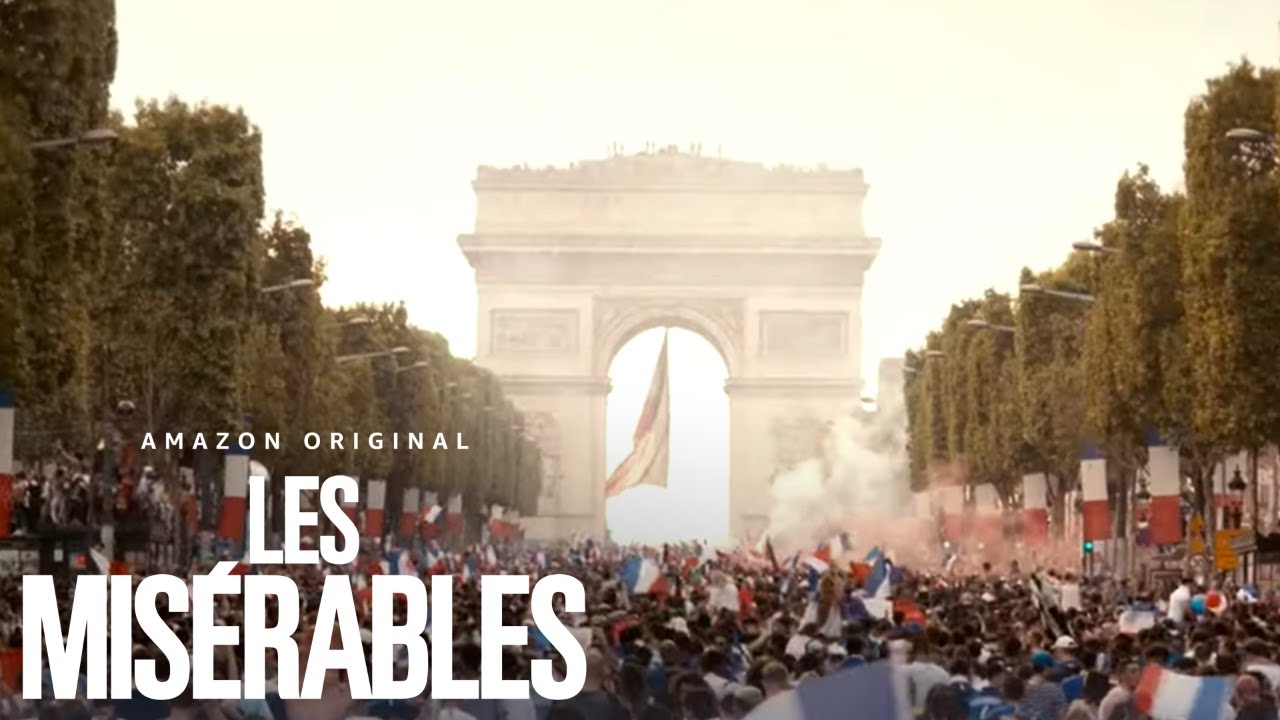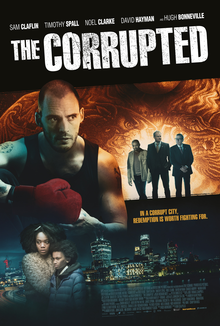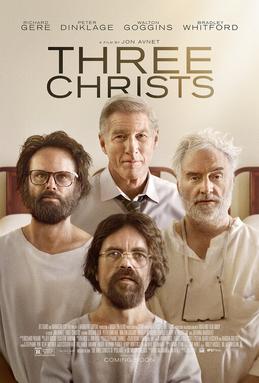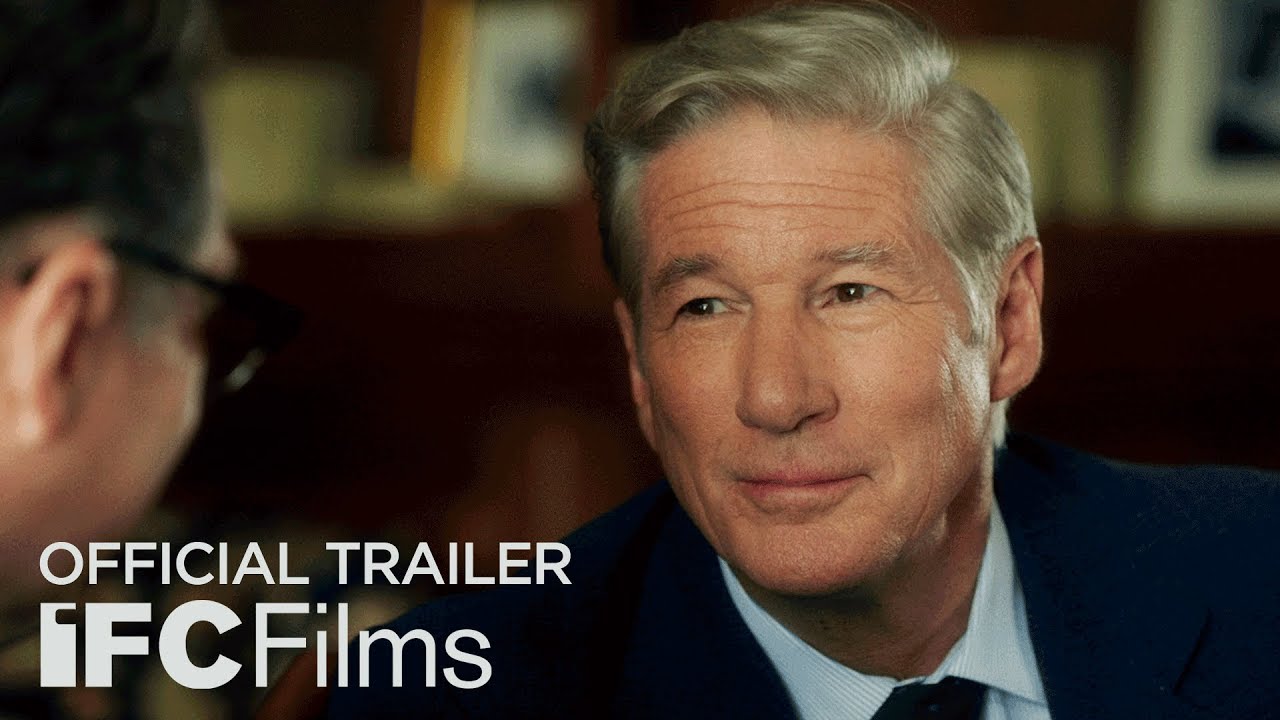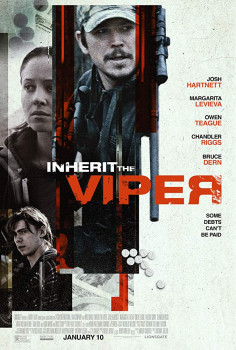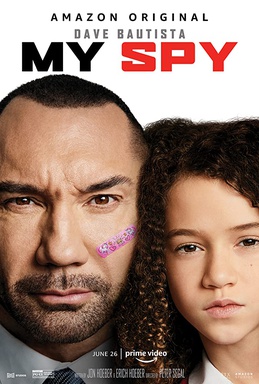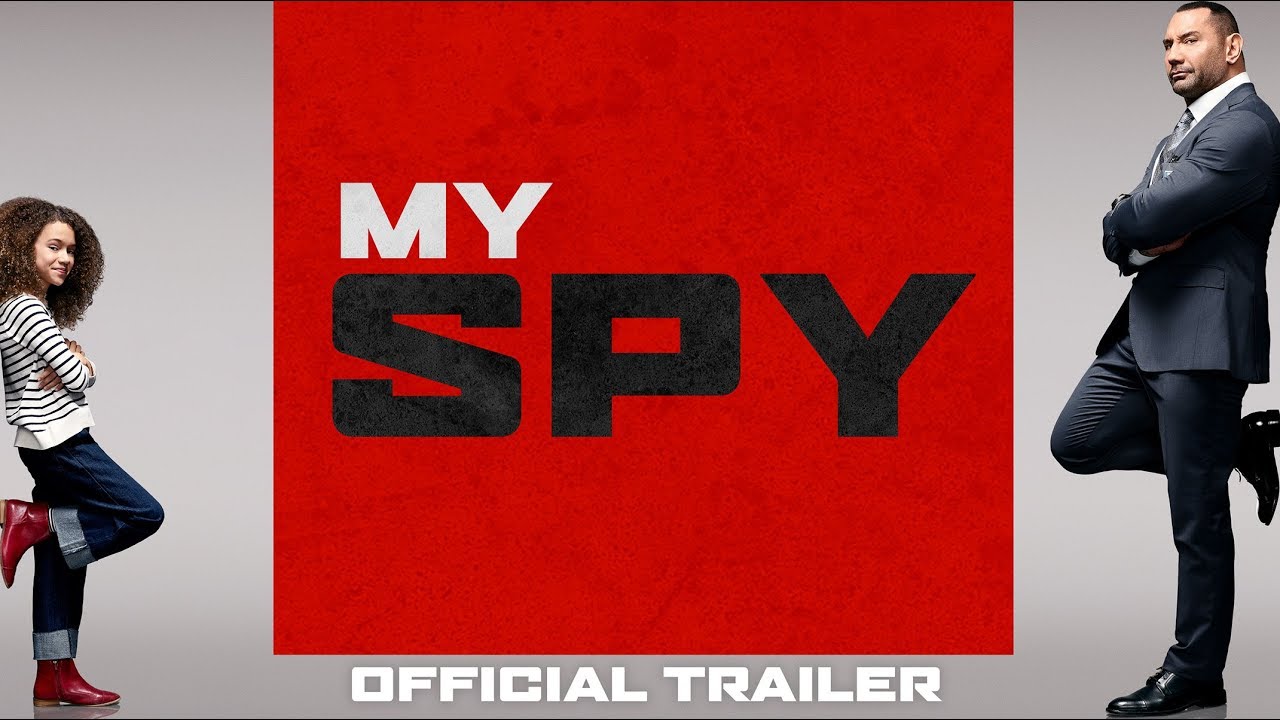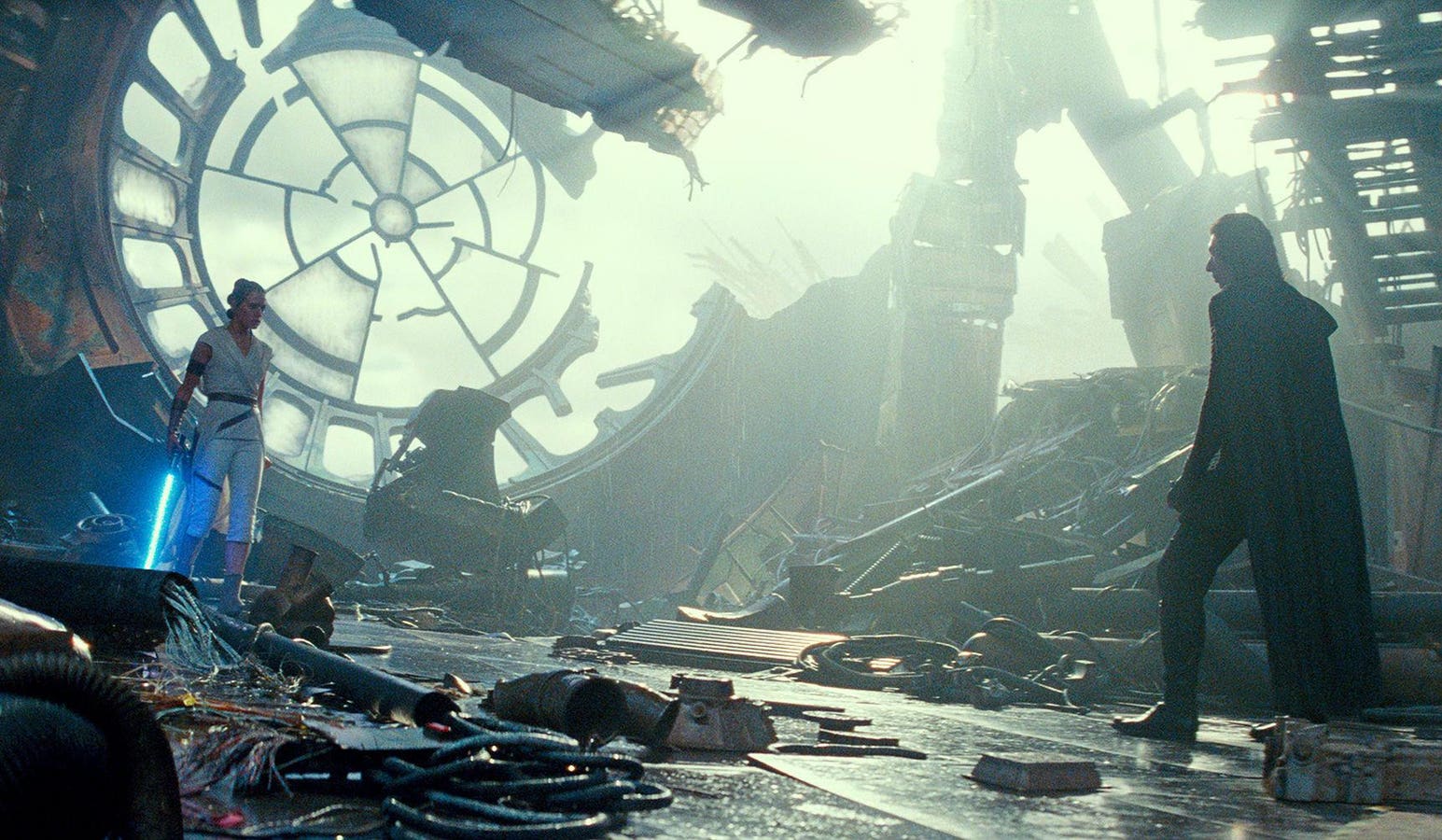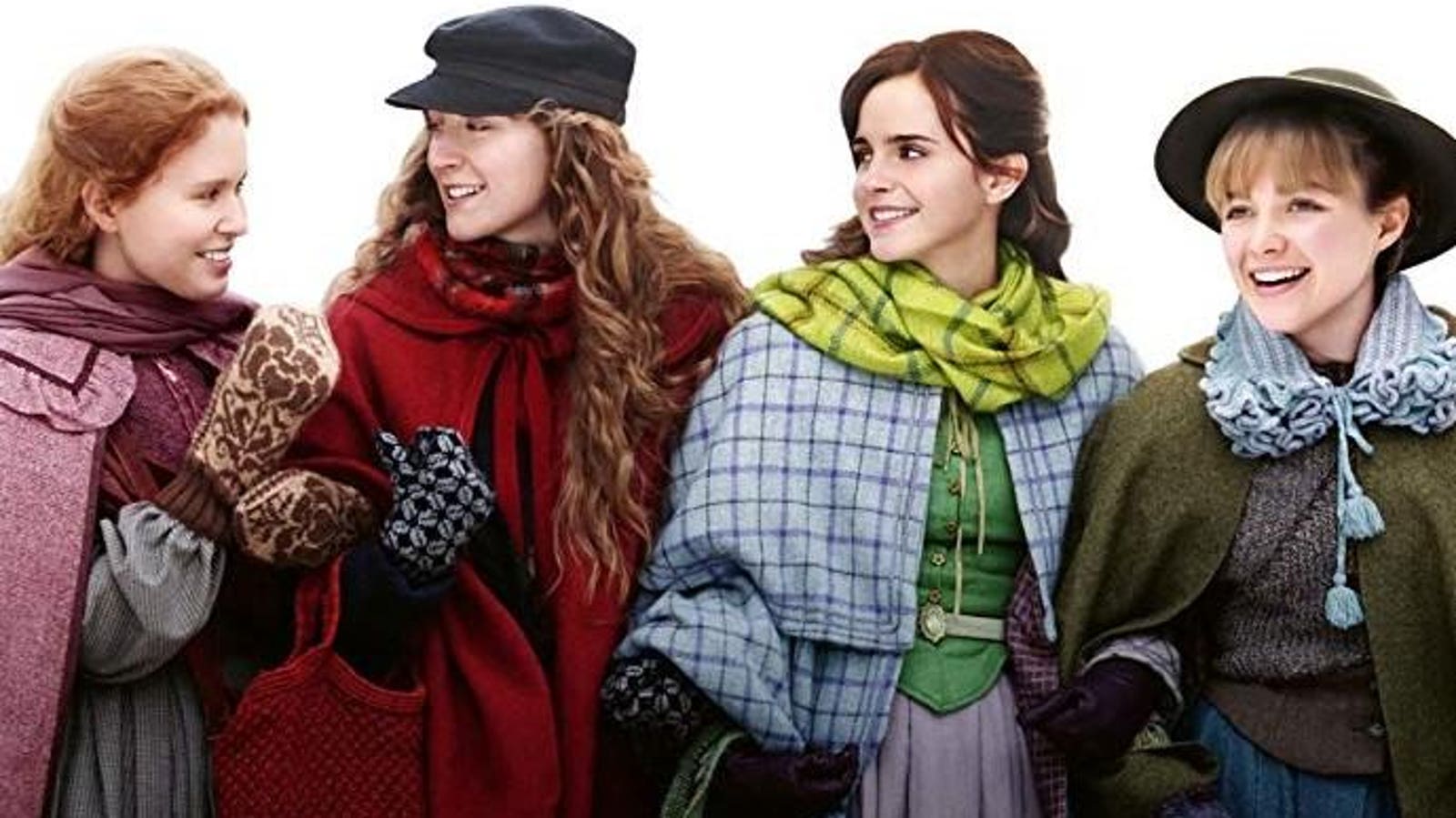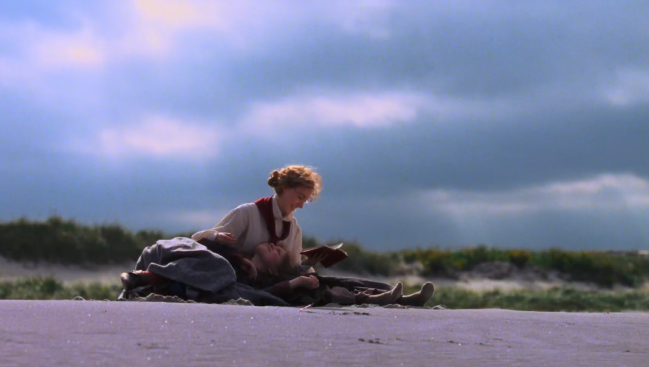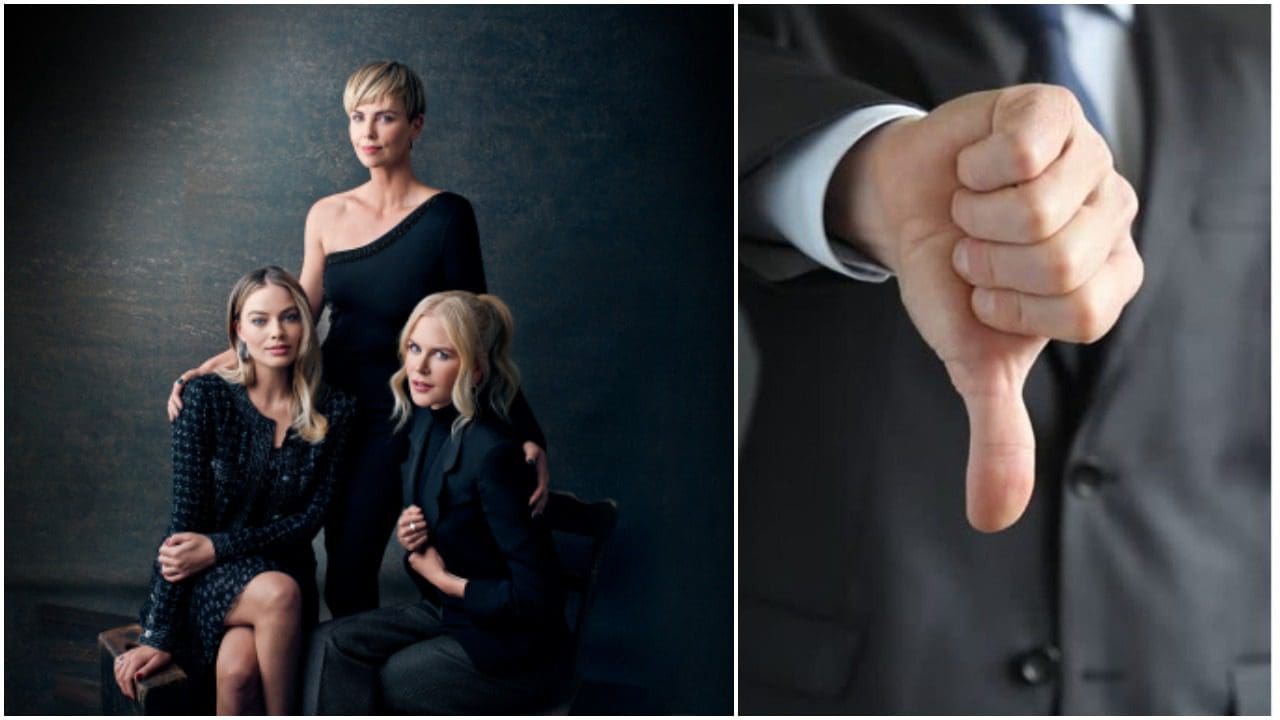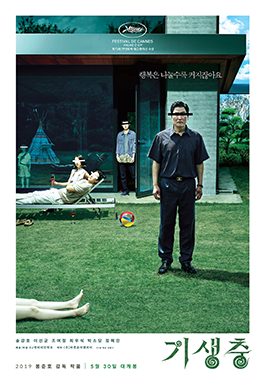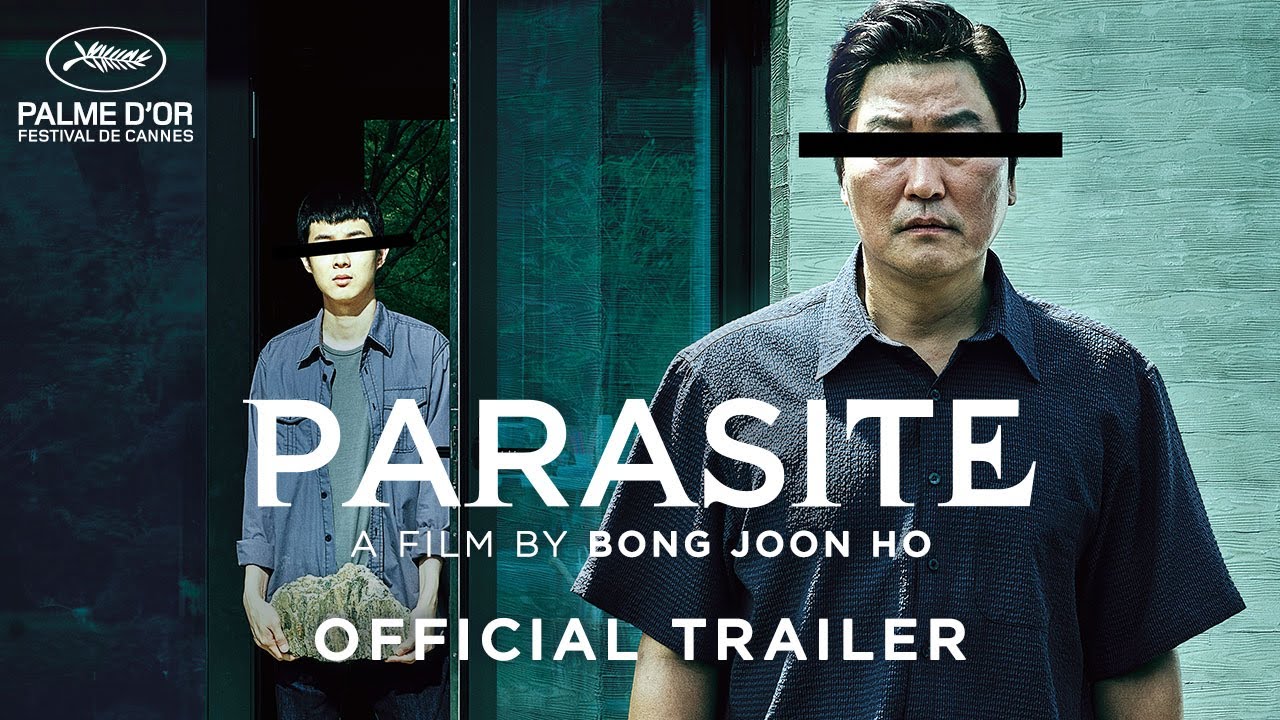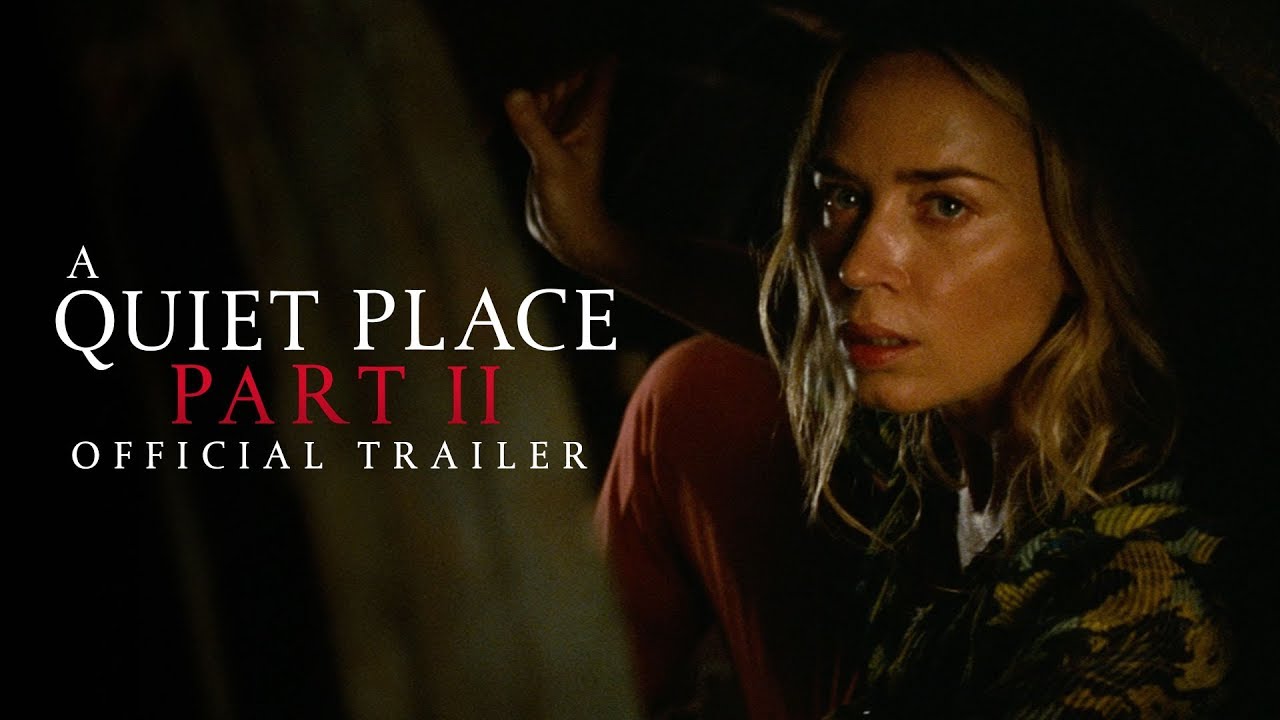First off, I have to tell people, this is an auteur adaptation of Little Women. Those of you looking for the usual plot A to plot Z retelling of the novel will not get this here. Gerwig tells the story in close non-linear fashion, interjecting the first half of the novel as flashbacks sprinkled throughout the current (second half) scenes. Doing this may not give the best dramaturgical structure or make for the most dramatic arc, but what it allows us to see are the themes Gerwig really wanted to hammer home. In a way, this is an example of a film adaptation being more of a film essay/analysis of the book, in a much more obvious way than Jane Campion's treatment of Henry James' The Portrait of a Lady. I find that to be intriguing and really made me realize a new adaptation of Little Women can offer us something new.
Also, this is certainly a 2019 version of LW because it is the least subtle adaptation and audiences these days don't deal well with subtext and nuance (I could rant about this more, especially with theatre but I will save that for another time). Usually, that would bother me, but Gerwig so deftly and intelligently structures the flashback and current scenes together that I am more in awe of her editing skills and how she clearly knows the novel inside/out.
Secondly, the 1994 Winona Ryder/Christian Bale/Susan Sarandon version has been criticized by some book purists of taking the character of Jo and making her a stand-in for Louisa May Alcott as opposed to being the actual Jo as written in the book. It has also been criticized for interjecting 1990s post-women's liberation movement feminism into the movie (most evidently with Sarandon's version of "Marmie"). If you're one of the people who has a problem with that, then you ain't seen nothing yet. This time, it isn't Susan Sarandon as Marmie lecturing Mr. Brookes about women having fainting spells being due to being confined to the home over needlework while restricted by their constricting corsets. This time, Jo embodies feminism all the way through.
Gerwig puts the pedal to the metal where that is concerned. This Jo is soooo Louisa May Alcott, especially with how they treat the "Under the Umbrella" scene and it seeming like Professor Bhaer was written last minute to appease her publisher - the scene starts as usual with Jo chasing Bhaer, and then all of a sudden we get a scene interjected with Jo debating with her publisher about needing to write Jo getting married at the end of her novel and her finally acquiescing after much back-and-forth about why Jo should or should not get married, but not before she successfully negotiates higher royalties and keeping her copyright to the novel (saying if she's forced to marry off one of her characters, then she should get paid well for it) and then we cut back to scene and the whole "My hands are empty/not empty now" scene played in such a rushed way compared to EVERY OTHER VERSION I've seen. That meta treatment will be the most controversial aspect of this film, but I think it works well here because I've already seen what I consider to be the best literal non-meta/commentary screen capture of that scene thanks to Winona Ryder (looking super radiant and beautiful) and Gabriel Byrne that I didn't feel such a big need to see it recreated.
Thirdly, let's talk Amy. This Amy is such a bitch in this version. And yet, this Amy is probably my favorite Amy. I think every other treatment of Amy I've seen tries to reconcile Alcott's harsh writing of this character with trying to also make her not so bad where it seems like whiplash at times and I don't feel like I get a good feel for her. In this version, Amy is such a bitch (like she's barely seems apologetic about burning Jo's manuscript), and yet, I feel like this is the FIRST time I get Amy. It's as if Gerwig was like, this is who she is, you take her or you leave her but you can't deny that you know her. She also writes Amy's motivations and insecurities so well that despite her being such a bitch you have to say you see where she's coming from. Gerwig gives Pugh a monologue where she plainly states why she should marry for money and why that is NOT wrong for someone of her station and gender during this time period since women don't own anything and any money she did have prior to marriage would belong to her husband, as would her children. She says it so matter-of-factly that she's not just telling Laurie but educating those who probably did not understand the context of how women needed to navigate that world for their own financial security. Florence Pugh such an improvement from Samantha Mathis' uncomfortable portrayal of Amy that it's not even funny.
I did miss seeing a young Amy played by a child because she was one during the first half of the scene and it makes her actions much more excusable although the Japanese anime version made you almost side with Amy during the burning scene because they made Jo such a bitch to her right before she did it; Jo was justified in telling Amy off multiple times, who was annoying her about attending the opera or whatever it was with Laurie and Mr. Brooks with Meg, but man I almost wanted to burn her manuscript too. By allowing an adult actress play her, Gerwig avoids the creepiness of the 1994 version where we see Christian Bale being all big brotherly to child actress Kirsten Dunst and then marrying that same character in the same movie. This allows Gerwig to really go forward with developing a believable romance between Amy and Laurie, which I felt was seriously missing from the 1994 version.
Fourth, about Laurie...I know this is sacrilegious here, but I never really liked Christian Bale as Laurie. I thought he was just blah despite him trying. I much prefer Timothee Chalamet's more charismatic portrayal. I know in the previous paragraph, I said this version has the best version of Amy/Laurie's romance, but despite that, it's still WTF. I love that Gerwig allowed Saoirse Ronan's Jo to be a stand-in for almost EVERY Little Women fan out there by being all WTF when she finds out they got married. Like Laurie did not have to be with Jo, but did he really need to be with Amy? This Jo barely hides her confusion and almost anger about it, especially after Gerwig added a new scene where Jo writes Laurie a letter basically saying ask her again and she'll say yes to his proposal due to her loneliness and thinking she made a mistake with not accepting (she did not write that in her letter to him) and putting it in their secret mailbox. The best part is that Gerwig makes Pugh play Amy as if she just wanted Jo to say she's ok with it so she can move on from whatever conflicting feelings she may have and be totally selfish about it and go forward gung-ho about her future with Laurie rather than actually caring if Jo is actually ok with it, which is VERY consistent with this Amy and almost makes me respect her for it. Well played, girl.
Another thing about Laurie, Gerwig filmed this one scene so perfectly, where all the women including Marmie show up to Mr. Laurence's house and there's so much noise, laughter, and zaniness that it's so comforting and familial and fun. Then they rush out as fast as they came in, and it's just Laurie, Mr. Laurence, and Mr. Brooke alone and it's again super quiet and sad. Just from that one moment, we get everything about Laurie's loneliness and desperation to have that March energy and comfort around him more often or all of the time.
Fifth, Eliza Scanlen makes for a much stronger Beth than Claire Danes who really ramped up the weak, sickly side of her to the point where Beth seemed almost like an invalid - and I'm not just talking physically. This version brings back Beth's relationship with Mr. Laurence so Chris Cooper isn't wasted here. I missed the poignant and beautiful death scene between Ryder and Danes in the 1994 version with that perfect soundtrack playing, but the way Gerwig handles it here shows such film craft and perfect editing with the way she contrasted Beth surviving her first bout with scarlet fever and not surviving when it all hits her hard that I can't help but applaud Gerwig's effort. She knew she couldn't compete with that 1994 scene so she doesn't try and thus gives us something new to take from it.
Sixth, the 1994 version gives us an almost Christmas film. Because of that, I watch it every Christmas and I go back to scenes from it to get me in the warm mood of seeing beautiful scenery of snow. This version plays that much less and there's actually scenes of beaches and sun. Some times, this version looks like a summer movie.
Seventh, there's a monologue that Gerwig writes for Saoirse Ronan about her conflicting feelings about not wanting a woman being defined by marriage or companionship and instead have her defined by her work, skill, and what she has to offer, but then at the same time being so lonely and really needing someone. That hit me hard. My sister and I ended up talking for an hour just about that. I think Gerwig truly understands that sentiment as it has played in some of her previous work (even only as an actress) and it really fits this version of Jo.
Eighth, although Louis Garrell doesn't have as big of a character to play with Professor Bhaer the way Gabriel Byrne did, I will say he is written just enough for us to understand why Jo would like him. He is way harsher and to the point and totally humorless with his critiques about her writing that it can't help but come off as funny but also insightful. You sort of realize Jo needs that in her life. He is also very hot, unlike Byrne, so we're more forgiving. Sad but true.
Ninth, this is the first Little Women I've seen where Mr. March, their father, doesn't just disappear after he comes home that Christmas. He doesn't have a big role nor does Gerwig rewrite him to have a bigger part than he does in the novel, but he's seen throughout the last half of the film much more. That was refreshing.
Tenth, I'm not a fan of Emma Watson's acting at all, but she gives her best performance here. I think Gerwig's editing helped a lot as she really contrasted Meg living a scrimping and poor lifestyle as Mr. Brooke's wife and her living it up at that one coming out ball she had. She shows that Meg indeed meant it when she said all she needed was Mr. Brooke to be happy and she's not afraid of being poor while at the same time, just because you mean it does not make it easy or make you want nice things less. But we never doubt Meg could do it. The 1994 version took away Meg's troubles with adapting to being even poorer than she was living with her family pre-marriage, so it was nice to see that again. I once read on the IMDB message board of the 1994 film that someone saying you're most like Meg is like someone saying you got sorted into Hufflepuff, and I couldn't help but laugh at Gryffindor Hermione Granger as Hufflepuff Meg, but this Meg doesn't seem like such a "loser" choice to be.
Finally, Saoirse Ronan makes for a really spunky Jo. She shines in this role although I think Jo as written in the book is best portrayed by Katharine Hepburn while Ryder's Jo is my personal favorite just due to her being the most relatable to me. However, I found Ronan totally believable and persuasive in this role and she is the perfect embodiment of Greta Gerwig's Jo.

 I have listened to the soundtrack and I am surprised to quite like what Taylor Swift did with Macavity but be completely appalled by Jennifer Hudson murdering Memory. Completely oversung
I have listened to the soundtrack and I am surprised to quite like what Taylor Swift did with Macavity but be completely appalled by Jennifer Hudson murdering Memory. Completely oversung 


